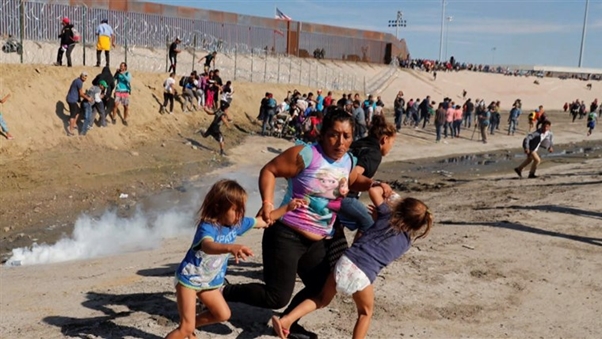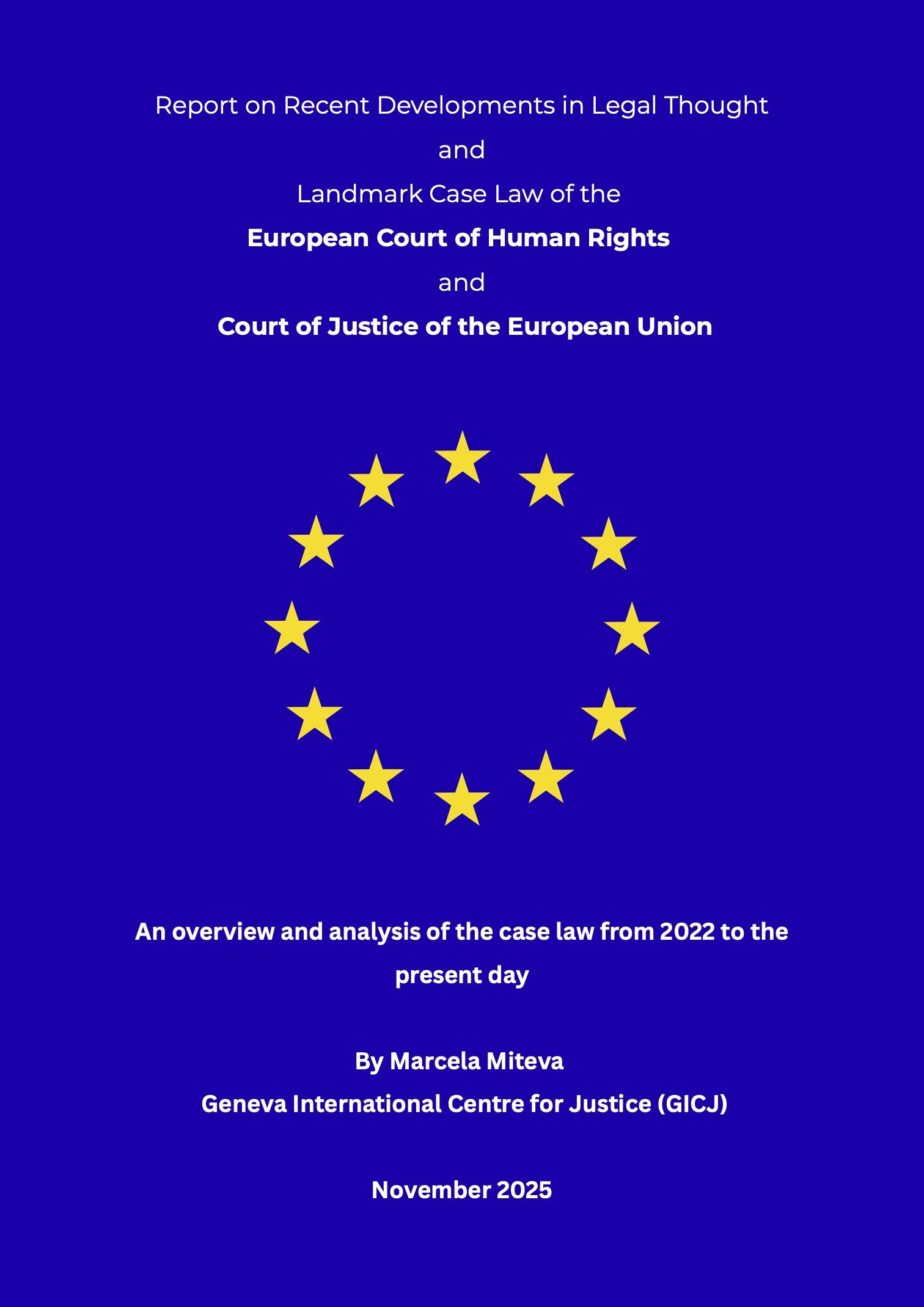17.12.2020
By: Delitta Deli/ GICJ

Throughout human history, migration has been a courageous expression of the individual’s will to overcome adversity and to live a better life. Some people move in search of work or economic opportunities, to join family, or to study. Others move to escape conflict, persecution, terrorism, or human rights violations. Still others move in response to the adverse effects of climate change, natural disasters, or other environmental factors.
Globalization, together with advances in communications and transportation, has greatly increased the number of people who have the desire and the capacity to move to other places. As a result, today more people than ever live in a country other than the one in which they were born. In 2019, the number of migrants globally reached an estimated 272 million, 51 million more than in 2010, with international migrants comprising 3.5 per cent of the global population, compared to 2.8 per cent in 2000. This new era has created challenges and opportunities for societies throughout the world, but it also highlighted the clear need of strong cooperation to improve migrants’ rights and socio-economic conditions at both origin and destination.
In fact, while migration is a positive and empowering experience for many, it is increasingly clear that a lack of human rights-based migration governance at the global, regional and national levels is leading to the routine violation of migrants’ rights in transit, at international borders, and in the countries they migrate to. Migrants in an irregular situation tend to be disproportionately vulnerable to discrimination, exploitation and marginalization, often living and working in the shadows, afraid to complain, and denied their human rights and fundamental freedoms. The denial of migrants’ rights is often closely linked to discriminatory laws and to deep-seated attitudes of prejudice or xenophobia.
Mixed with elements of foreseeability, emergency, and complexity, the challenges and difficulties of international migrants require enhanced cooperation and collective action among countries and regions. The United Nations is actively playing a catalyst role in this area, with the aim of creating more dialogues and interactions within countries and regions, as well as propelling experience exchange and collaboration opportunities.
On the 18th December each year, the International Migrants Day is celebrated to highlight the contributions made by migrants to their host and home countries; to promote respect for their human rights; and to recognize the challenges they face. This global event not only examines a wide range of migration themes, including social cohesion, dignity, exploitation and solidarity, but it also advocates for the principle that humane and orderly migration benefits both migrants and society. This year, the observance of International Migrants Day focuses on the stories of social cohesion, which are as varied and unique as each of the 272 million migrants living new lives and building new communities in every corner of the globe. We learn together, create together, and work together. We live together, that is the meaning of this International Day.
GICJ Position and Recommendations
Migration is a phenomenon that has been part of the human experience since time immemorial. Positive aspects of migration must be recognized by the international community as a whole, including prosperity, innovation and sustainable development in a globalized world. Migration shall not be prohibited or used with negative connotation as a tool for foreign policy, instead, it should be properly addressed, managed and regulated.
On the acknowledgement of this International Migrants Day, Geneva International Centre for Justice (GICJ) reiterates the importance of using all available means to protect the rights of all migrants and to fight xenophobia.
GICJ urges States and citizens to promote and protect the rights of migrants, work towards better social cohesion, and fight against contemporary forms of intolerance on a national and international scale. Specifically, in line with the objectives laid down in the Global Compact for Migration, GICJ suggests those in positions of authority the following recommendations:
Strengthen international cooperation and global partnerships to enhance availability of pathways and to \combat human trafficking, managing borders in an integrated, secure and coordinated manner.
Collect and utilize accurate and disaggregated data as a basis for evidence-based policies aimed at minimizing the adverse drivers and structural factors that compel people to leave their country of origin.
Implement policies aimed at promoting diversity and social cohesion; condemning any form of discrimination and encouraging evidence-based public discourse to shape perceptions of migrants.
Key words:
#The_International_Migrants_Day #StandUp4Migrants #Migrants
#International_Law #humanRights #discrimination
#Geneva_International_Centre_for_Justice #Geneva4Justice #GICJ
Justice, Human rights, Geneva, geneva4justice, GICJ, Geneva International Centre For Justice









